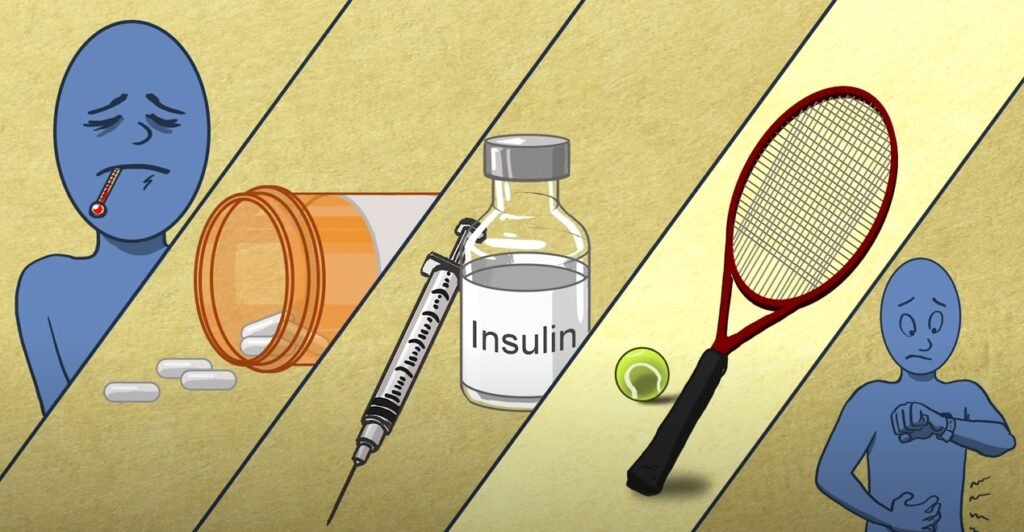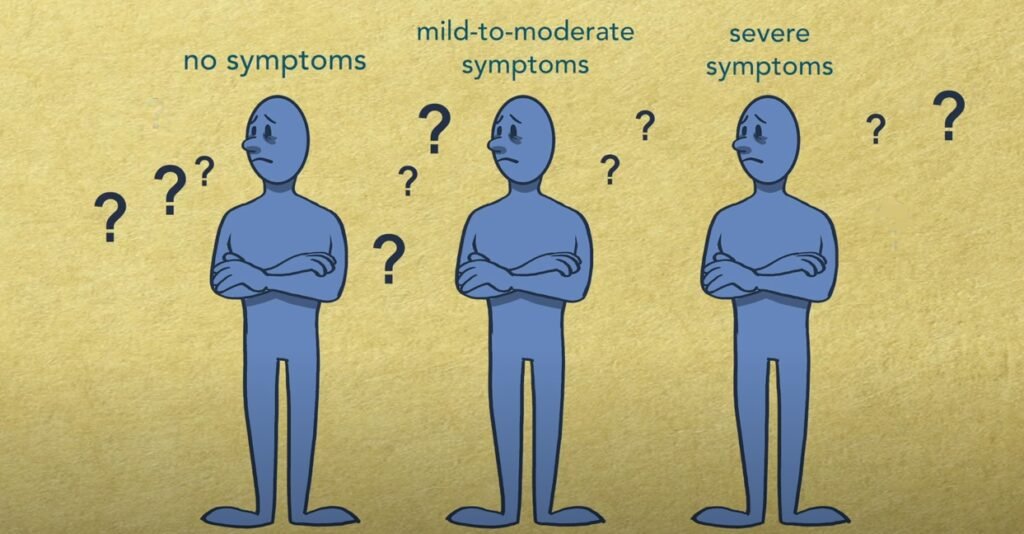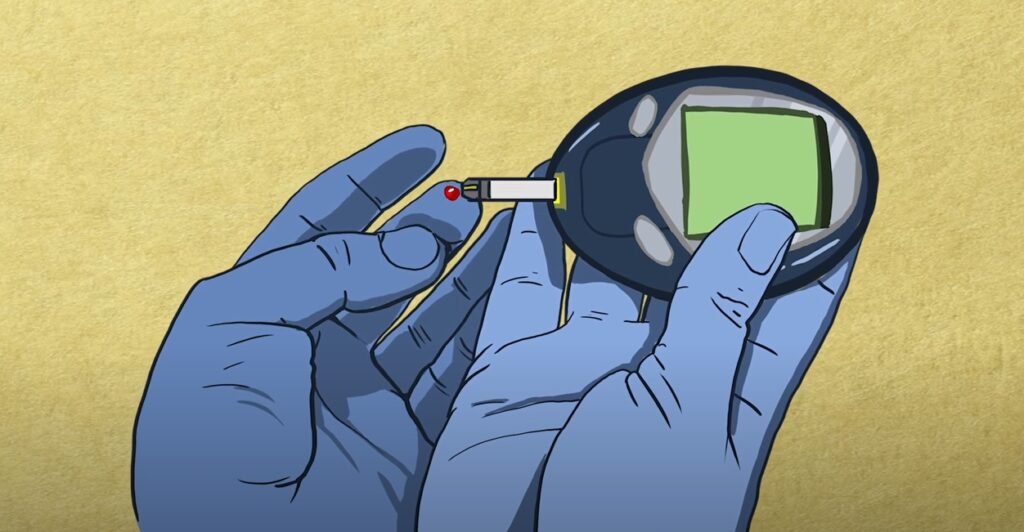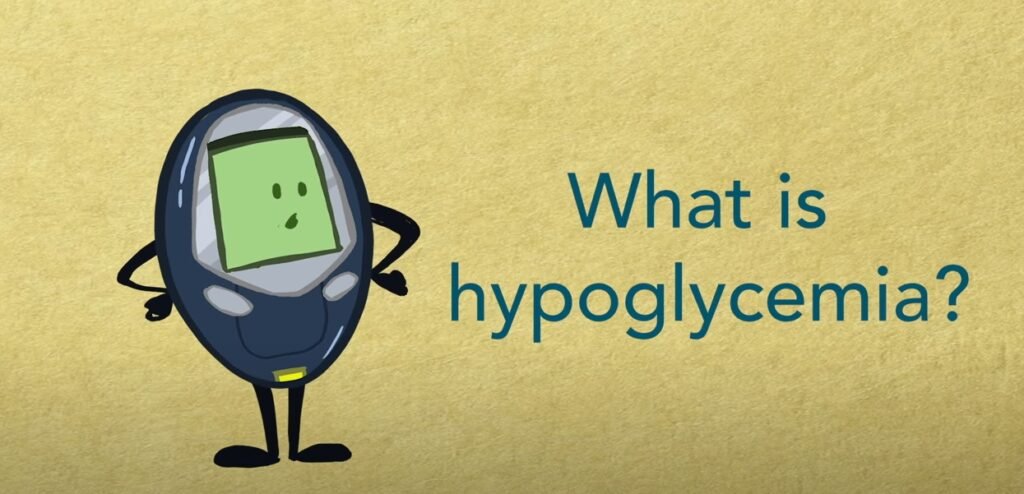What is Hypoglycemia?
Hypoglycemia is a disorder of blood sugar metabolism characterized by abnormally low levels of glucose in the bloodstream. This condition can occur in individuals of all ages and is particularly common in infants, especially premature babies. The pancreas plays a vital role in regulating blood sugar levels by producing insulin. However, when too much insulin is produced, it can cause blood sugar levels to drop excessively, leading to hypoglycemia.
Symptoms of Hypoglycemia
Recognizing the symptoms of hypoglycemia is crucial for prompt intervention. Common signs include:
- Craving for sweets and starches between meals
- Nervousness and irritability
- Fatigue and depression
- Blurred vision and headache
- Sweating and trembling
- Numbness and dizziness
- Palpitations and sexual disturbances
These symptoms can significantly impact daily functioning and quality of life, underscoring the importance of effective management strategies.

Causes of Hypoglycemia
Hypoglycemia can be caused by various factors, including:
- Excessive intake of refined carbohydrates and sugary foods
- Liver, adrenal gland, or pituitary gland dysfunction
- Stress, which can weaken adrenal function and lead to glucose intolerance
Understanding the underlying causes is essential for implementing targeted treatment approaches and lifestyle modifications.
Natural Remedies for Hypoglycemia
- Managing hypoglycemia naturally involves adopting a holistic approach that encompasses diet, lifestyle changes, and alternative therapies. Here are some effective remedies:
- The high-animal-protein diet that is typically recommended for hypoglycemia is inappropriate for this condition. It may help control the condition temporarily, but it is harmful in many other respects and may result in other diseases like heart trouble, arthritis, kidney problems and cancer Three fundamental food groups—grains, seeds, and nuts; vegetables; and fruits—should make up the optimum diet for hypoglycemia. Milk, milk products, and vegetable oils should be added as supplements. Seeds, nuts and grains should be the main constituents of the diet. Seeds and nuts should be taken in their raw form. Grains, in the form of cereals, should be cooked. Cooked grains are digested slowly and release sugar into the blood gradually six to eight hours after meals. This will keep the blood sugar level normal and constant for a long period.
- Persons suffering from low blood sugar should take six to eight small meals a day instead of two or three large ones.
- Eating raw nuts and seeds such as pumpkin or sunflower seedsor drinking milk, buttermilk or fruit juices between meals will be highly beneficial. All refined and processed foods, white sugar, white flour and their by-products should be completely eliminated from the diet. Avoiding alcohol, soft drinks, and coffee is also advised. The consumption of salt should be reduced as an excessive intake of salt causes loss of blood potassium, which causes blood sugar to drop. The recommended food for hypoglycemia is as follows. berries, avocado or a glass of fresh fruit juice.
- Breakfast: Nuts, seeds, fruit, cottage cheese and buttermilk.
- Mid-morning: Fruit, fruit juice or tomato juice.
- Lunch. Cooked cereals and milk.
- Mid-afternoon: A nut snack or a glass of fruit or vegetable juice.
- Dinner: Vegetable salad with a cooked vegetable from among those allowed, one or two slices of whole wheat bread, cottage cheese and buttermilk.
- On retiring: A glass of milk or buttermilk.
- Vegetables which can be taken in hypoglycemia are asparagus, beets, carrots, cucumbers, egg-plants, peas, radishes, tomatoes, spinach, kale, lettuce, beans, baked potatoes.
- Apples, apricots, berries, peaches, and pineapples are among the fruits that can be consumed. Consumption of citrus fruits should be limited. Foods high in B-complex, C, and E vitamins are very helpful in treating hypoglycemia. Vitamins C and B increase tolerance to sugar and carbohydrates and help normalise sugar metabolism. Pantothenic acid, and vitamin Bo help to build up adrenals which are generally exhausted in persons with, hypoglycemia. Vitamin e improve The tissues and muscles store glycogen. The patient should takevitamin C in large doses from 2,000 to 5,000 mg; B, 50 mg, and vitamin E upto 1,600 IU daily.

- Proper rest is essential for those suffering from low blood sugar. In this scenario, having a calm mind is crucial. Simple relaxation and meditation techniques should be used to ease nervous tension and anxiety. Yogasanas like vakrasana, bhujangasana, halasana, sarbangasana, shavasana and pranayama like kapalbhati and anuloma-viloma will be beneficial. A prolonged neutral immersion bath is also helpful in relieving mental tension.
Dietary Modifications:
- Balanced Diet: Focus on a balanced diet comprising grains, seeds, nuts, vegetables, and fruits. Avoid refined and processed foods, white sugar, and white flour.
- Frequent Meals: Consume six to eight small meals throughout the day to maintain stable blood sugar levels.
- Healthy Snacks: Incorporate raw nuts, seeds, fruit juices, or milk between meals to prevent blood sugar dips.
- Restricted Foods: Limit consumption of coffee, alcohol, soft drinks, and excessive salt, which can exacerbate hypoglycemia.
Nutritional Supplements:
- Vitamins: Supplement your diet with vitamins C, E, and B-complex, which support sugar metabolism and adrenal function. Consult a healthcare professional for appropriate dosage recommendations.

Lifestyle Modifications:
- Rest and Relaxation: Prioritize adequate rest and relaxation to reduce stress levels and support adrenal health.
- Mind-Body Practices: Engage in meditation, yoga, and deep breathing exercises to alleviate anxiety and promote mental well-being.
- Hydrotherapy: Consider neutral immersion baths to relieve mental tension and promote relaxation.
Hypoglycemia-Friendly Diet Plan
A sample diet plan for managing hypoglycemia includes:
- Breakfast: Nuts, seeds, fruit, cottage cheese, and buttermilk
- Mid-Morning Snack: Fresh fruit, fruit juice, or tomato juice
- Lunch: Cooked cereals with milk
- Mid-Afternoon Snack: Fruit or vegetable juice, or a snack comprising nuts
- Dinner: Vegetable salad, whole wheat bread, cottage cheese, and buttermilk
- Before Bed: A glass of milk or buttermilk

Frequently Asked Questions (FAQs)
1. Can hypoglycemia be treated at home? Yes, adopting dietary modifications and lifestyle changes can effectively manage hypoglycemia. However, consult a healthcare professional for personalized guidance.
2. Will hypoglycemia resolve on its own? In some cases, hypoglycemia may resolve with dietary and lifestyle interventions. However, persistent symptoms require medical evaluation and management.
3. Are there specific foods to avoid for hypoglycemia? Yes, individuals with hypoglycemia should avoid refined carbohydrates, sugary foods, caffeine, alcohol, and excessive salt intake.
4. Can vitamins help manage hypoglycemia? Yes, vitamins C, E, and B-complex are beneficial for supporting sugar metabolism and adrenal function in individuals with hypoglycemia.
5. Is stress management important for hypoglycemia? Yes, reducing stress levels through relaxation techniques like meditation and yoga can help alleviate symptoms of hypoglycemia and promote overall well-being.
Conclusion
Hypoglycemia is a manageable condition that requires a holistic approach encompassing dietary modifications, lifestyle changes, and alternative therapies. By adopting these natural remedies and incorporating them into your daily routine, you can effectively manage low blood sugar levels and improve your quality of life. Consult a healthcare professional for personalized guidance and treatment recommendations tailored to your individual needs.
